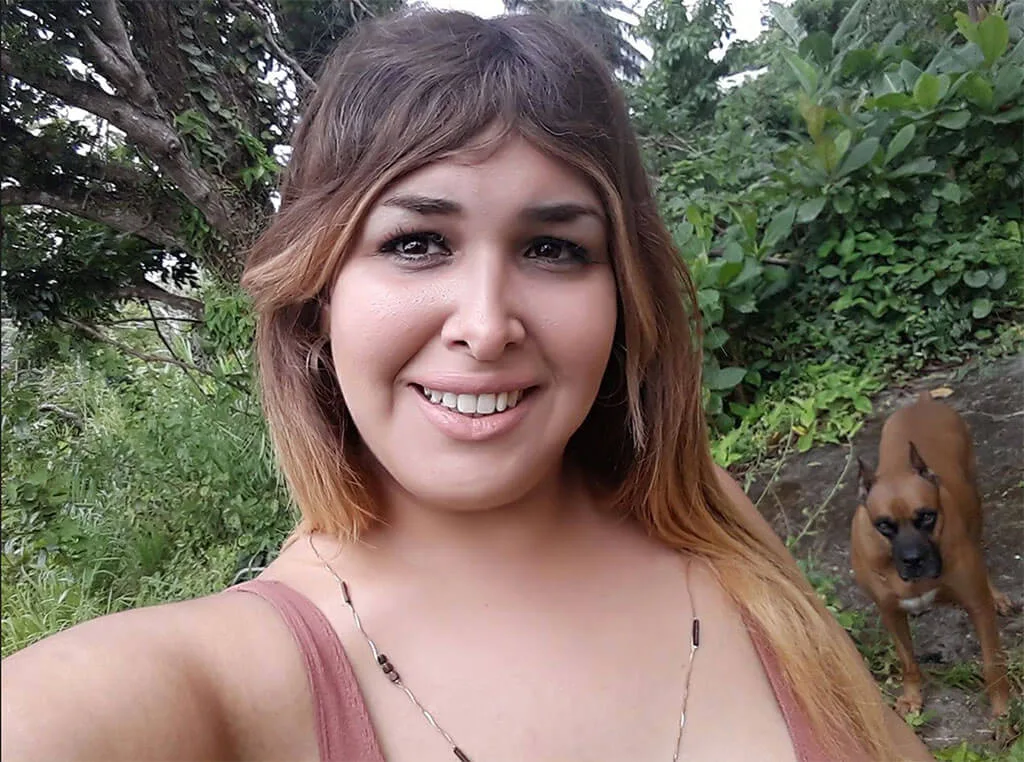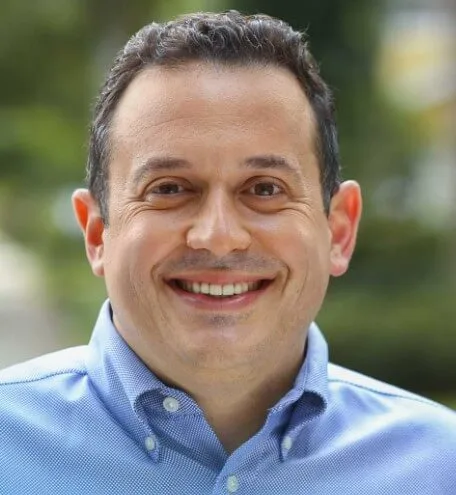
Image courtesy of Betsy Ramos for The Americano
The defendants of the trans women will be processed by federal authorities, presenting a very different legal picture for them than if the case was handled by local authorities.
Serena Angelique Velázquez Ramos, 32, and Layla Peláez Sánchez, 21, could have lived a long life of fulfilled dreams and happiness. Instead their deaths in heinous alleged hate crimes are setting a precedent, as their case has become the first to be processed by the FBI rather than local authorities in Puerto Rico.
The murders of these young trans women are part of a long series of crimes perpetrated against members of the LGBTQ community on the island. In the past 15 months, 10 trans women have been murdered. Five of those crimes happened in 2020.
RELATED: EXCLUSIVE: ‘I Forgive My Daughter’s Killers’
None of those cases were processed as hate crimes and remain unresolved.
“There has been a serious problem regarding the lack of attention the State has given to hate crimes. This case has been so dramatic. Two persons were murdered; they turned up calcined inside a vehicle. All of that brought attention to the situation, but this is not the first case,” said lawyer Osvaldo Burgos.
“Many cases have requested to be processed as hate crimes before. Obviously, the Puerto Rico police do not have the will to do this. If you look at police records, the authorities do have protocols and training to process hate crimes in place, but not the will to treat them as such.”
On Monday, the initial hearing of suspects Sean Díaz León, 19, and Juan Carlos Pagán Bonilla, 21, took place. The young men had to appear before federal magistrate Marshal Morgan through videoconference. More details of the murder were revealed. The preliminary hearing was scheduled for May 19.
What makes Serena and Layla’s case different from other murders of LGBTQ people?
To better understand why this case is the first to be processed as a hate crime in Puerto Rico, Burgos, who is also a spokesperson for the LGBTQ rights organization El Comité Amplio para la Búsqueda de la Equidad (CABE), explains why this case will make history.
1. Why is this the first case investigated by federal authorities as a hate crime?
The lurid and notorious elements of the crime have put additional pressure on the situation. Since a carjacking was involved, federal authorities can assume jurisdiction of the case. Also, the incident has happened at a dramatic moment: there have already been five deaths of trans people so far this year. That leads authorities to respond to pressure. This, however, is not enough. The answers will be enough when the 10 cases are clarified.
2. Why does this case fall under federal jurisdiction and not state jurisdiction?
Federal crimes in Puerto Rico are determined by federal statute. In addition to carjacking, other crimes that fall under the federal statute are drug trafficking, possession of weapons, interstate commerce, use of mail as part of a crime, and terrorism, among others. There’s a list of crimes that applies.
3. What are the main differences between a federal and a state case?
If the case is federal, suspects don’t have the right to bail. Under federal statute, if a death happens during a carjacking, the case is eligible for the death penalty. This case qualifies. If a case remains within state jurisdiction, the jail sentence for murder in the first degree is 99 years. In Puerto Rico, people have the right to be released on bail after serving a quarter of the sentence. These suspects are very young, so if they were released after 25 years, they would still be young enough. In a federal case, if the death penalty is not applied, the alternative is jail without parole.
4. If they are found guilty, what is the possibility of a death penalty?
In Puerto Rico’s constitution the death penalty was eliminated in1929. Federal authorities have already tried about six times to see cases under the death penalty statute, and they have not succeeded. Death penalty cases are by jury. The 12 jurors of the case would have to agree with the death penalty. This is a high crime, and people could understand that something has to be done. They might consider the death penalty as an option for justice.
5. What does it mean for the defendants that the case will proceed in a federal court?
The accused will have to face a trial in English. They will have an interpreter, but if their families in the courtroom don’t know English, they won’t know what’s going on firsthand. If they are found guilty, they will serve their sentence outside the island. They will not have regular family visits.
6. Which are the expectations of CABE?
We are asking federal authorities to please respect the idiosyncrasy of the Puerto Rican people, who have rejected the death penalty. We want this investigation to be done correctly, but regardless of whether we want justice, we do not believe killing a person is a way of doing justice. We want respect for the memory of the people who died. We are sure the victims would not have wanted to kill anyone and would not want their names to be remembered as people who caused someone to be killed.
RELATED: Trans People Are Being Hunted In Puerto Rico. It’s About Damn Time To Do Something To Stop It.
Politics

Teamsters and UPS Reach Tentative Deal to Avoid Strike, 340,000 Workers to Get Raises
The tentative deal represents a huge win for full- and part-time UPS Teamster workers, who would get significant pay raises and better working...



One Republican Senator Is Blocking 265 Military Promotions, Leaving the Marines Without a Confirmed Leader
Sen. Tommy Tuberville's decision means these military officers are not getting the pay raises they’re owed, cannot move their families to wherever...
Local News



Teamsters and UPS Reach Tentative Deal to Avoid Strike, 340,000 Workers to Get Raises
The tentative deal represents a huge win for full- and part-time UPS Teamster workers, who would get significant pay raises and better working...



One Republican Senator Is Blocking 265 Military Promotions, Leaving the Marines Without a Confirmed Leader
Sen. Tommy Tuberville's decision means these military officers are not getting the pay raises they’re owed, cannot move their families to wherever...




